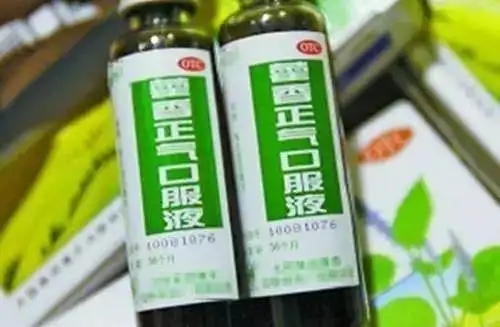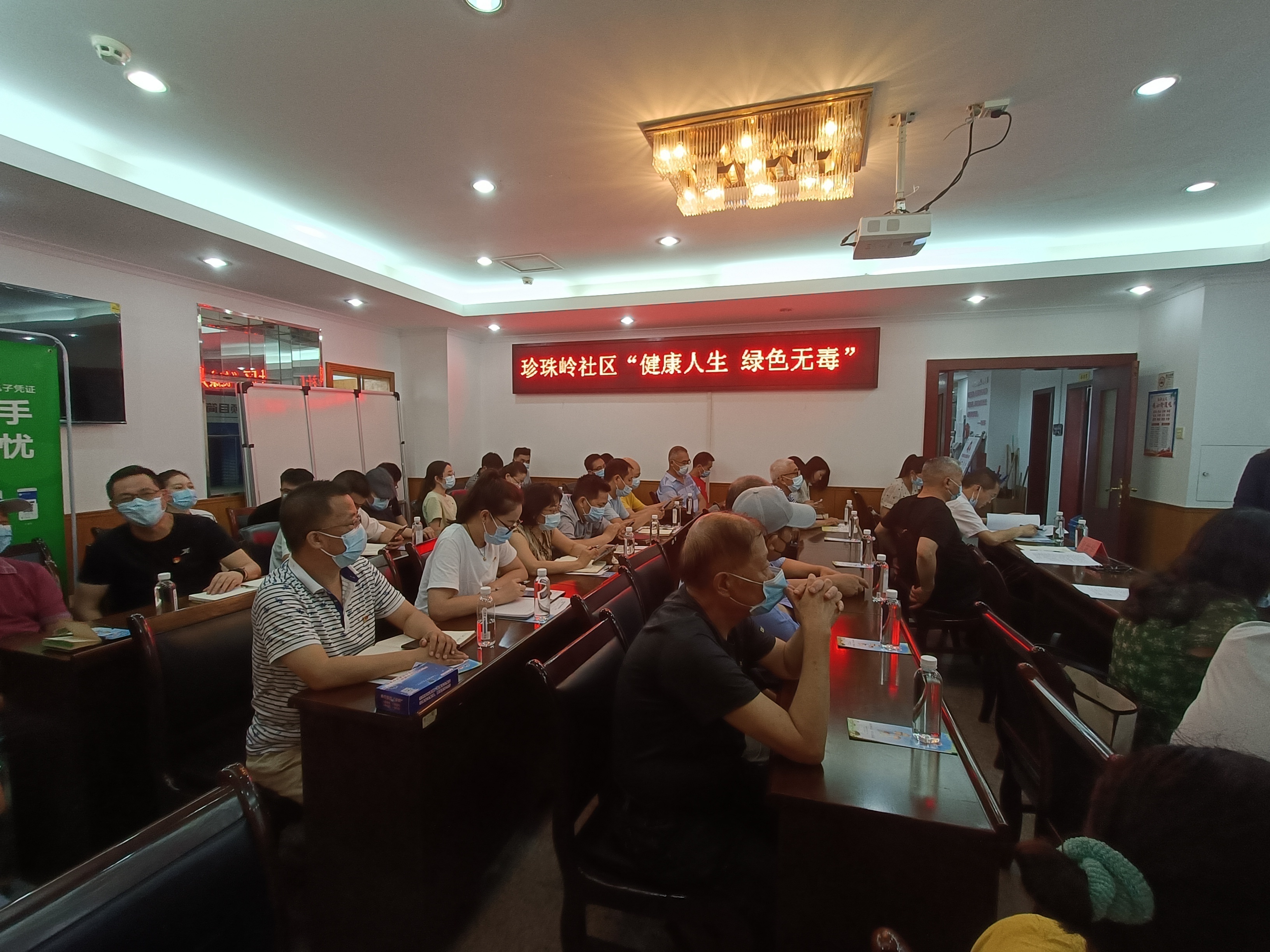How does the party in the Central Soviet Area seek benefits for the masses
Author:Red Culture Weekly Time:2022.09.25
How does the party in the Central Soviet Area seek benefits for the masses
During the Central Soviet Area, the party deeply realized that the effect of maintaining the interests of the masses in the practice of revolutionary struggle was the root of the victory of the revolutionary war. Therefore, the temporary central government of the Chinese Soviet Republic issued the call to "always represent the most vast poor workers and peasants, and sincerely seek interest for the masses." Care about practical issues. During this period, the party demonstrated the vivid practice of seeking interests for the masses in various aspects of politics, economy, and society.
The construction of the regime guarantees people's power. The construction of the regime is the most important aspect of the party's mass line practice exploration during the Central Soviet Area. The political power of the people is guaranteed and the prerequisite and foundation of other rights and interests. The highest authority of the Soviet regime in the Central Soviet Area is the National Congress of the Soviet Union. The highest administrative organs are the Central People's Council, and the provincial, county, district, township (city) four -level Soviet governments are established in local, county, district, and township (city). During the Central Soviet Area, a total of 5 provincial Soviet regimes and 119 county -level Soviet regimes were established. The widespread establishment of the Soviet regime provides strong political support for protecting the rights and interests of the people.
During the Central Soviet Area, the reason why regime construction was extensive and firm was to give everyone basic political power and make democratic election awareness deeply rooted in people's hearts. The "Soviet Organization Law" clearly stipulates that all men and women over the age of 16 instead of workers who are engaged in exploitation have the right to vote and the right to be elected. Political power. However, due to long -term feudal ideological rule and oppression, ordinary people have almost no sense of power to participate in politics, and they are ignorant of the significance of democratic elections. To this end, the Soviet governments at all levels have done a lot of detailed publicity work, so that the election work in the central Soviet area has penetrated into the grassroots of the countryside. The majority of labor people participate in and dominate the protection of their own rights by exercising the right to election. This is different from the rural villagers' past relying on the clan system to maintain the order of rule, so that the masses have achieved historic turn -over. In the later stages of the Central Soviet Area, the election work made significant progress. For example, the election campaign in Jiangxi has been conducted warmly in most places, and the majority of women have also participated in the election. Women's representatives account for more than 25%. The implementation of the democratic election system has guaranteed the political power of the masses, so that the general public has been equal politically, and at the same time, it has greatly improved the revolutionary enthusiasm of the workers and peasants.
Economic construction increases people's income. During the Central Soviet Area period, the land revolution was carried out to ensure the foundation of the people's living. Land is the "life root" of farmers, but the rural land distribution before the land revolution was extremely unreasonable, and the majority of farmers lived a tragic life for a long time. In order to liberate the farmers of the Soviet Union under the brutal exploitation system, the party leaders carried out a vigorous division movement, so that the Chinese farmers truly became the owner of the land for the first time, and also made the party and the Soviet government get the sincere support of the general public. Essence
After the land problem is resolved, the agricultural production in the Central Soviet Area still faces serious lack of actual problems such as labor, cattle cultivation, fertilizer, seeds, and funds. To this end, the Soviet government established various production cooperatives in the principle of voluntary the masses to carry out mutual assistance and cooperation campaigns. The extensive establishment of production cooperatives has made full use of rural production resources, bringing great convenience to farmers, and solving practical difficulties in agricultural production. For example, the food cooperatives can not only stop the plunge of food prices, ensure farmers' income, but also ensure the needs of the army, which is of great significance to consolidate and develop revolutionary bases. Various production cooperatives blossomed in the Central Soviet Area. Only Guangchang County established 70 grain cooperatives to attract more than 22,000 members, which greatly solved the problems in the agricultural production of the masses in the Soviet Union. The leaders of Mao Zedong and Deng Zihui personally advocated and vigorously promoted the development of the economic development of the Central Soviet Union. By March 1933, 17 counties in Jiangxi and Fujian provinces had set up 1423 cooperatives and more than 300,000 yuan in stocks. The prosperity and development of the Central Soviet District Cooperative's economy played an important role in improving the poor life of farmers, breaking through the Kuomintang's economic blockade, and consolidating the industrial and agricultural revolution alliance.
Social construction improves people's living standards. During the Central Soviet Area, the party and the Soviet government attached great importance to the actual life of all the masses, and carried out effective work on social issues that are closely related to the lives of the masses around the lives of health prevention, social relief, cultural education, etc., and improved the well -being of people's livelihood.
The development of health and epidemic prevention has enhanced the physical fitness of the people. The health prevention campaign in the Central Soviet Area is not done by a few government personnel alone, but mainly depends on the participation of the masses. In order to mobilize the masses to participate in the health prevention movement, the party and the Soviet government have taken a series of effective measures. First, use newspapers, slogans, mass conferences, etc. to carry out easy -to -understand publicity, and then carry out large -scale and high -frequency sanitary competitions among the masses. At the same time, it also provides in an institutionalized manner. And aiming at "key groups" such as party members and cadres, students in schools, housewives, etc., to conduct special health knowledge counseling. The sanitary epidemic prevention movement in the Central Soviet Area cleverly uses the power of the masses to improve its health and epidemic prevention status and ensure the health of the masses.
Social reliefs ensure the basic life needs of poor people. In the arduous war environment, although the Soviet government had insufficient funds, it still spared no effort to rescue people in difficulties. In order to solve the problem of lack of funds and supplies required for social relief, the Soviet government took double -pronged measures. On the one hand, the establishment of mutual benefits is widely organized to guide the poor to help each other within the meeting and spend difficulties together. On the other hand, vigorously mobilizing the masses to raise funds. Driven by the Soviet government's propaganda and encouragement, a large number of people actively joined the ranks of "temporary fundraising" and "fundraising along the way". Half -liter of brown rice, one piece of clothing, a few pounds of vegetables, and a few oils. Now the humble items have become precious materials raised at that time, and used this to solve the ubiquitous difficulties of the masses in time. During the Central Soviet Area, facing the war environment with insufficient funding, the party and the Soviet government still tried to conduct ways of relief to the people of difficult people. This is an intuitive manifestation of the Marxist party's advanced nature. The popularization of knowledge has improved the comprehensive quality of the masses. During the Central Soviet Area, the party and the Soviet government established a large number of organizations and groups in Lenin Primary School, various night schools, clubs, literacy classes and other organizations and groups. The masses of the Soviet Union not only obtained the opportunities and rights of equality and education, but also deepened their recognition and support for the party's revolutionary route. For example, from Guangchang County to the end of 1933, a total of 124 Lenin Primary Schools were established, accounting for about 80%of the total number of children in the school. There are 1651 literacy classes, which generally improves the cultural quality of the masses. At the same time, cultural groups such as singing teams and amateur cultural clubs have also been widely established in the Central Soviet Area, which actively and enriched the cultural life of the Soviet Union. (Learning Times)
- END -
Drug+food and other heatstrokes and heat -resistant knowledge points come to get!

The Sichuan Meteorological Observatory recently issued a high -temperature blue wa...
Yichang College Street Pearlling Community: Healthy Life Green and Naid

In order to enable the majority of residents to fully understand the hazards of dr...